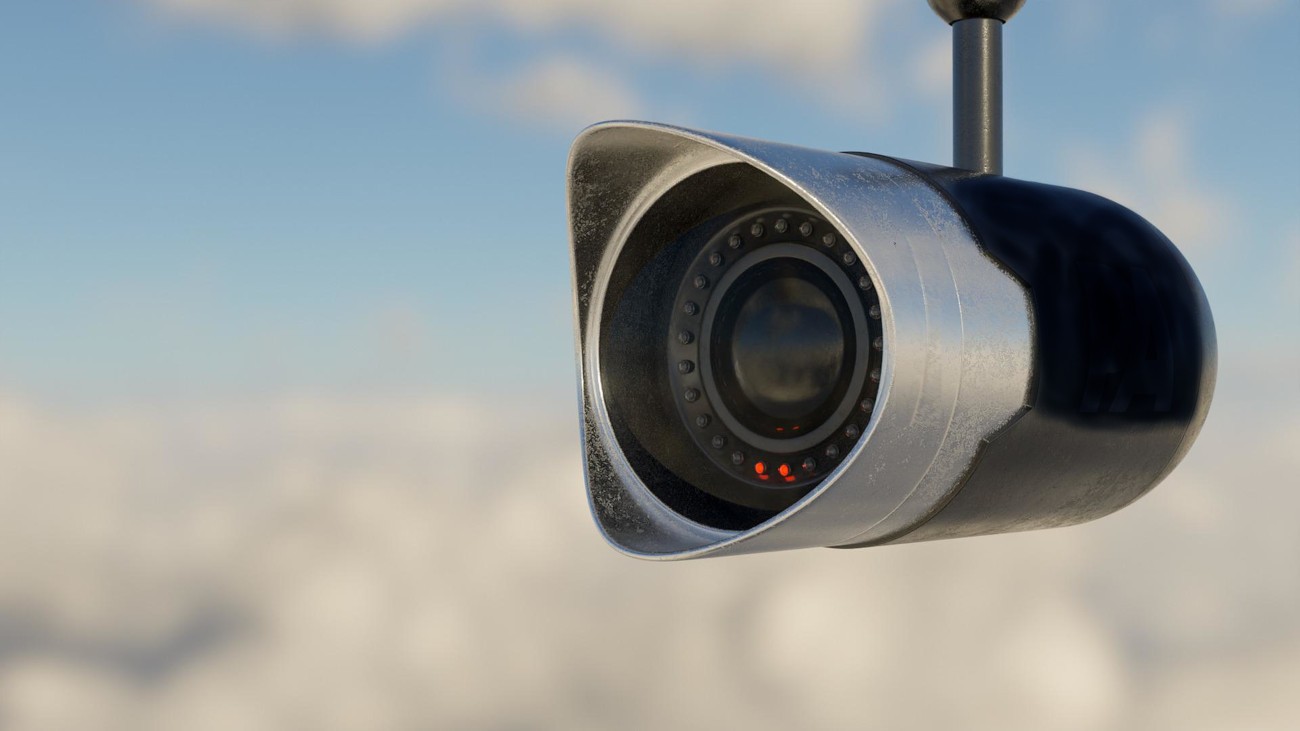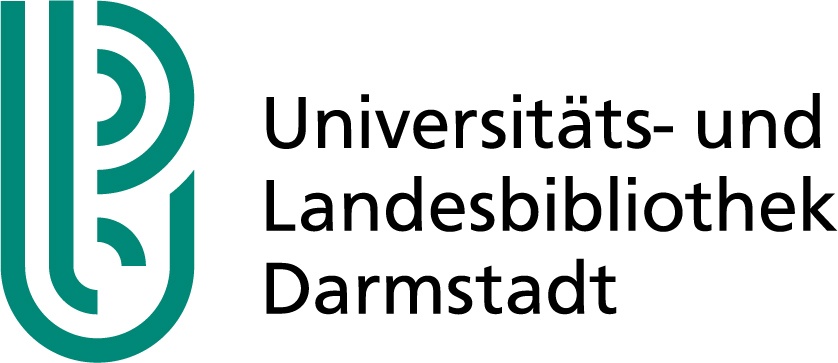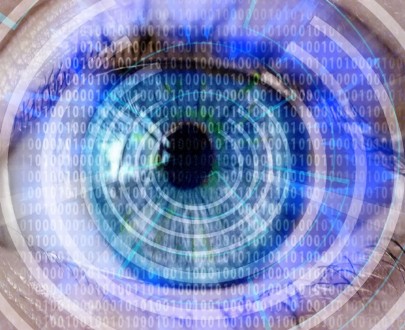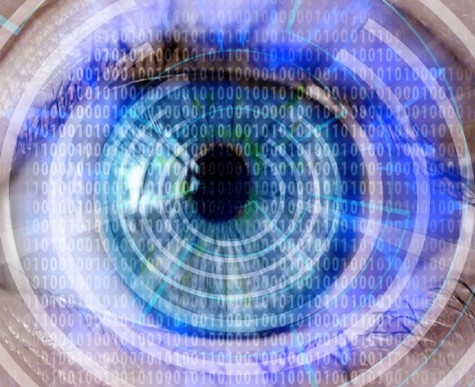Data tracking in science
Google, Facebook, Instagram and the rest – hardly an hour goes by without us calling on the services of the big Internet companies and sharing private insights into our lives. But anyone who uses the Internet leaves digital traces. Today it is a well-known fact that the processing of our data is a highly lucrative business – true to the motto that, “If you're not paying for the product, then you are the product”.
Everything we do on the Internet – every click we make, every link we visit, the amount of time we spend watching a particular piece of content – is collected, stored, processed, and sold on.
By the time special social networks had been established for researchers such as Mendeley and ResearchGate, this business model had also reached science. What many people do not know: behind a multitude of these networks, research information systems and reference management software programs are now large companies whose actual business has been highly lucrative for decades thanks to constantly increasing prices. Major publishing houses such as Springer and Elsevier not only offer cost-intensive access to scientific information via specialist databases and journals, but are also currently expanding strongly into the data analytics business. As a result, they are extending their business with scientific information to include the evaluation and processing of usage data.
Data tracking by scientific publishers
In October 2021, the Committee on Scientific Library Services and Information Systems (AWBI) of the German Research Foundation (DFG) published an information paper (opens in new tab) that impressively shows the publishers' approach and methods. Not only does Elsevier, for instance, hide a unique ID in the metadata of each downloaded article, but whenever the publishers' services are used, the access and usage data, length of stay, reading and typing speed or search terms are recorded, stored and evaluated, allowing conclusions to be drawn with regard to the researchers and their work. Quite a goldmine for data companies.




